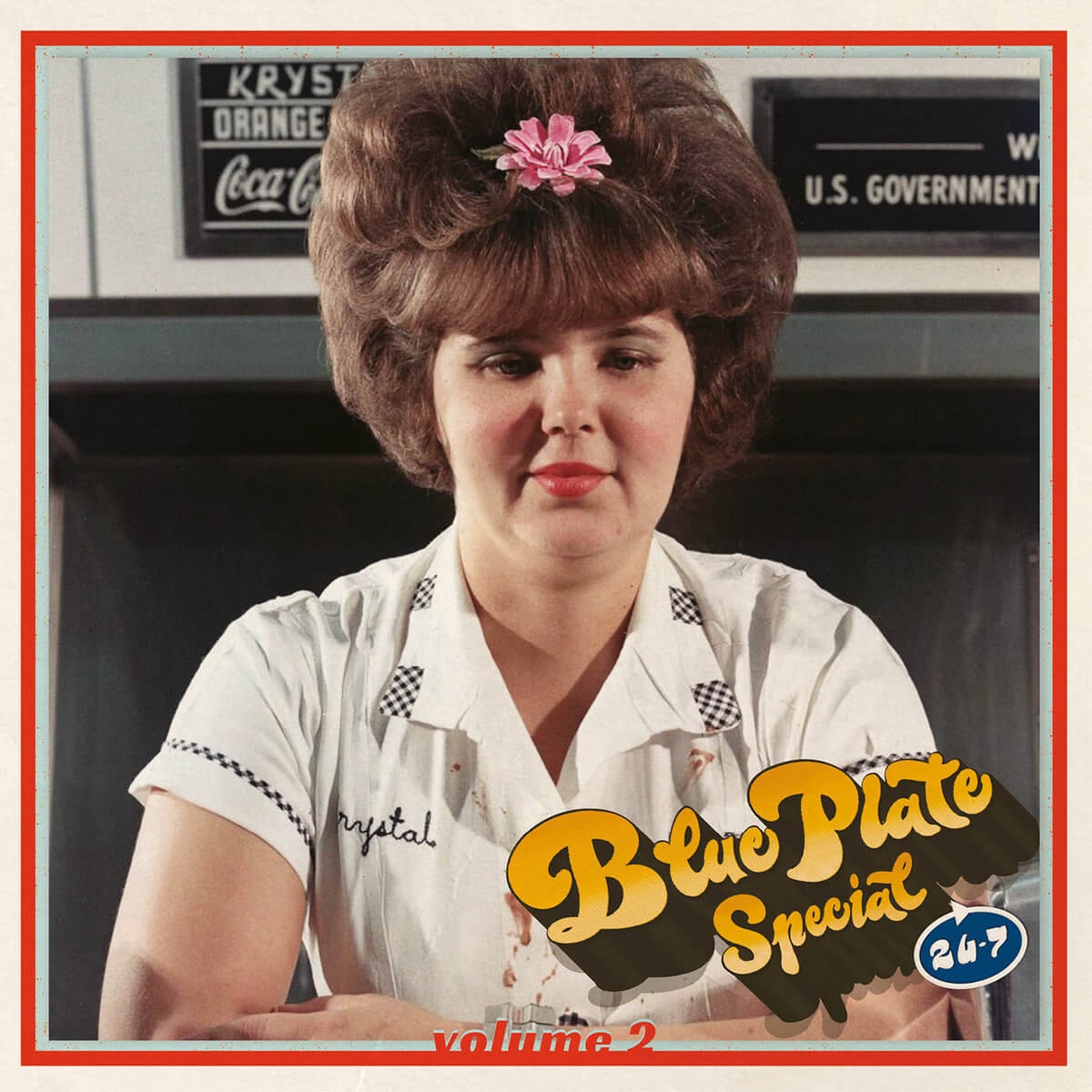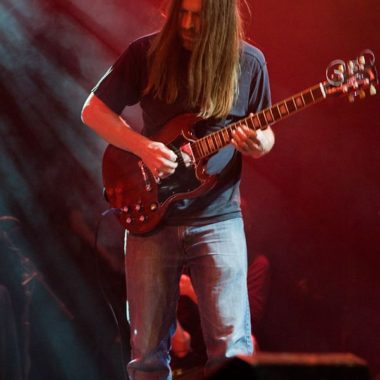Are you ready for the country? Cowboy Carter, the latest epochal event from Beyoncé, is a culturally defining moment if only because making culturally defining moments is what Beyoncé does. She’s hardly the first Black singer to venture into country music. DeFord Bailey, Ray Charles and Charley Pride were there decades ago. The underrecognized Linda Martell appeared on the country charts more than 50 years ago, and Rhiannon Giddens has become a cultural ambassador for the history of Black American influence in country music. The Texas-born Beyoncé knows all of that, and has Martell and Giddens on her new album, which—as she said in an oft-quoted Instagram post—isn’t a country album, it’s a Beyoncé album.
The best songs on Cowboy Carter (CD, LP and download out last month on Parkwood/Columbia)—the midtempo, slightly vocal-fried pop tune “Bodyguard,” “YaYa,” a rocker that picks up cues from Nancy Sinatra and the Beach Boys, and “Amen,” a gospel that calls back to the cuts Madonna made with Prince for her Like a Prayer album—aren’t even trying to be country. The culturally defining moments come in the covers. Black artists have sung Paul McCartney’s “Blackbird” before (Billy Preston, Sarah Vaughn, Sylvester, Cassandra Wilson, Anderson .Paak) but Beyoncé claims it with confidence. She likewise takes possession of Dolly Parton’s “Jolene,” flipping and flexing the narrative. Before that cut, Parton herself gives an approving shoutout. She’s referencing the titular antagonist of the song when she says it’s “just a hair of a different color,” but she’s giving her blessing to the entire album.
Country music has become a wide open field in the years since Taylor Swift abandoned it. Snoop Dogg jammed with Willie Nelson, Lil Nas X laid down a track with Billy Ray Cyrus, and Beyoncé herself hit it with the (then Dixie) Chicks, joining them for her “Daddy Lessons” at the 2016 Country Music Awards. But am I the only one imagining that there’s some long-game vengeance at play here? In 2009, Kanye West interrupted the proceedings as Swift was given the best female video award at the MTV Video Music Awards, announcing that Beyoncé had the best video of the year. Come 2012, Swift was steering away from country radio with her album Red and sealed the deal two years later with the synth-heavy 1989 and the chart-topping single “Shake it Off.” Fast-forward a quick decade and Bey is moving into the ground Tay Tay abandoned. Far-fetched? I think so. But let’s see who wins the VMA this year, if they still give those out.
But I’ve driven off course. Country music has become a wide open field. Case in point, out of southwestern Ontario comes Nicolette Hoang, a child of immigrants who moved to the city of Guelph and opened an optician shop after the Vietnam War. She studied piano, went to conservatory, taught herself guitar and grew disenchanted with the music profession, then found the passion again in her parents Glen Campbell and Tammy Wynette records. Hitting karaoke nights, she met the fellas who would back her in Nicolette and the Nobodies. Their debut album The Long Way (LP and download from Arthaus) comes out April 12 and kicks some bona fide classic country butt. Lead single “Show Up” glistens with big Linda Ronstadt tears and “Losing More” (with guest singer Paul Weber) calls back to classic Conway Twitty and Loretta Lynn duets. The Long Way might have been a long way coming, but it fits like a pair of broke-in boots.
A bit more folksy and rural is the songwriter and stellar guitarist Christopher Paul Stelling, who had a short run on Anti- (sometime home of Merle Haggard, Wynonna Judd, Porter Wagoner and Tom Waits) before turning to self-releasing for 2021’s Forgiving it All and his new Forgotten But Not Gone & Few and Far Between (CD, LP and download out last month). Besides being his own record label and marketing division, Stelling plays essentially all of the instruments on the new album (he does bring in a violinist for one song) and convincingly so. It’s a long, slow ride, 20 laid back tracks that wouldn’t be out-of-place alongside country-adjacent sides by Bob Dylan and Will Oldham, with a lot of wisdom and arguably more bare heartache than either of them often show. There are flashes of blues rock circa early 70s and occasional bits of psych-out production flourish, but mostly it’s Stelling narrating the dissolution of a relationship. The closer-save-one, “One More Chance,” will make you want to hunt down whomever he’s singing about and shake some sense into them.
On the more esoteric side of Americana, Matt Piper and John von Seggern’s EP A Thousand Miles from Nowhere (released to streaming platforms last month) combines banjo, resonator guitar, zither, percussion, processed beats and electronic effects into a quarter hour of rural ambience. Ever since Brian Eno employed Daniel Lanois’s steel guitar in his 1982 album Apollo: Atmospheres and Soundtracks, there have been occasional dips into ambient county. William Harper’s 2002 album The Banjo of Death Sleeping is worth seeking out, and more recently, New York band Suss has been wandering the field. Piper and von Seggern bring a bit more rhythm to the mix, to gently pleasing results.
But for a real throwback throwdown, get a copy of the comp Blue Plate Special Vol 2 (LP and download out last month from Doghouse and Bone Records). The French reissue boutique has collected a dozen oddities circa 1968-1973 trying to capitalize on the freaky, funky soul and hippie sounds that were taking over the market. Shirl Milete tries to bring eastern influences into the hard-scrabble tales of his “Big Country Blues.” Bobby Darin is a little too clean to be convincing with his attempted prison farm anthem in “Long Line Rider.” Joe South—who wrote “Games People Play” and “Rose Garden”—fares somewhat better as a moderately bad boy in “Misfit.” If nothing else, the collection proves that Elvis Presley wasn’t the only one having trouble figuring out how to fit in.










